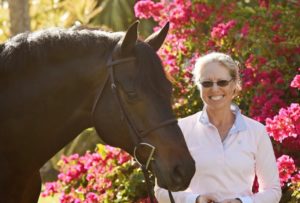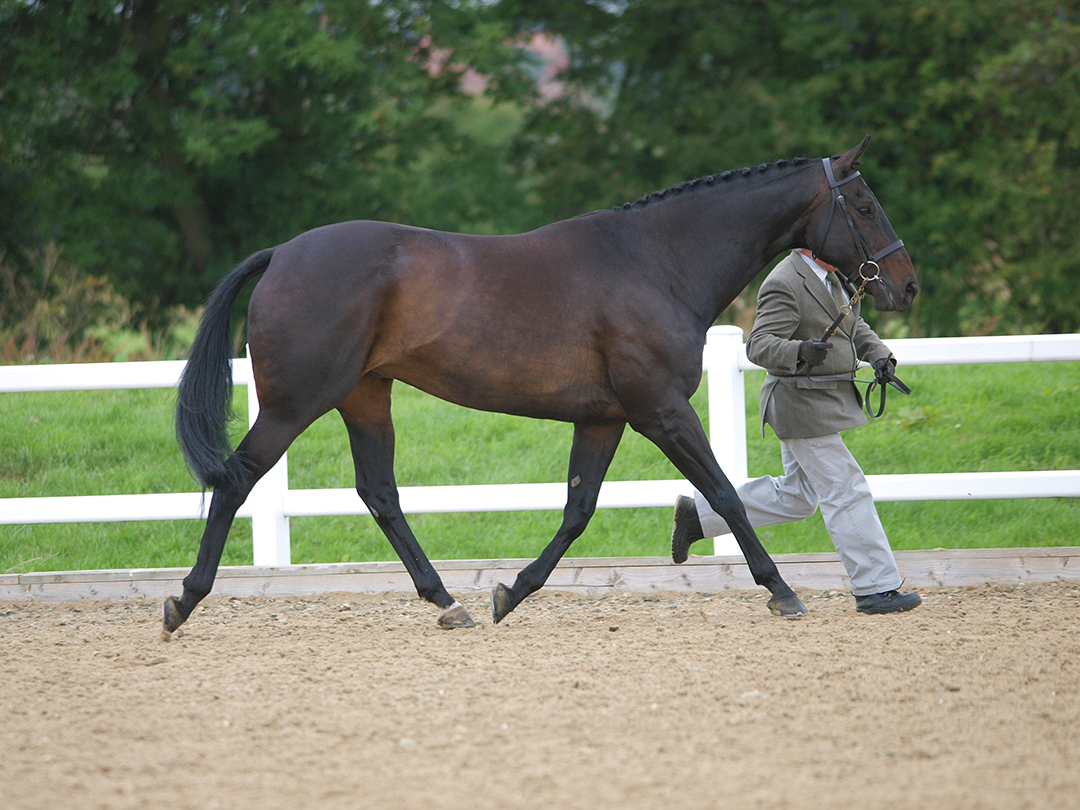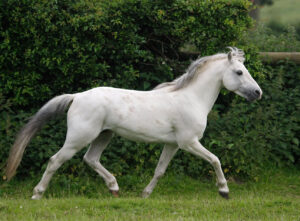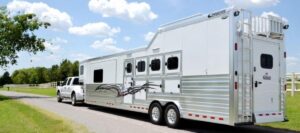Co-owning a horse is fairly common, and “co-owners” frequently refer to themselves as “partners.” Few non-lawyers understand that the term “partner” refers to a legal relationship that is something more than shared ownership of property. In other words, you can “co-own” a horse with someone without creating a partnership.
How’s that? As with so many things, the key may be a CONTRACT.
A Virginia Circuit Court judge once ruled that a “Training and Co-ownership Agreement” did not create a partnership between a stallion’s breeder and trainer. The court held that the terms of the contract between the parties, and not concepts of partnership law, governed their respective rights and duties to one another.
The breeder of a stallion did not have the means to train and develop it. She sought out a dressage trainer who agreed to train and develop the stallion in exchange for a 50% ownership interest. In 2008, the breeder and the trainer drafted a written agreement that provided, among other things, that the trainer would have care, custody and control over the stallion and the ability to make decisions related to its training, breeding and marketing. Net profits realized from the breeding of the stallion were to be shared equally between the trainer and breeder, and the only expense for which the breeder was responsible was payment of 50% of the annual insurance premium. The trainer and breeder agreed that any sale of the stallion would be at the trainer’s wish and with the breeder’s concurrence. If a sale occurred, they would split the proceeds 50/50. The contract provided that if the trainer ever decided she didn’t want the stallion anymore that he would be returned to the breeder. Otherwise, the trainer was entitled to possession of the horse for the duration of its lifetime. The only way that the breeder could regain possession and 100% ownership would be upon a determination by a veterinarian of abuse and neglect.
For about one year, the relationship evolved without incident and the breeder was in very limited communication with the trainer. After the horse received its provisional license from the ISR/Oldenburg, the breeder contacted the trainer and attempted to involve herself in the management and training of the stallion. The trainer then inquired as to the breeder’s willingness to sell the breeder’s interest in the horse. The breeder responded by filing suit against the trainer seeking return of the horse. The breeder characterized the trainer as her “partner” and sought dissolution of the partnership on the grounds of the trainer’s conduct.
The trainer’s argument at trial was that no partnership had been created and that the “Training and Co-ownership Agreement” fully set forth the relative rights and duties of the parties and contained no provision for the breeder to force the trainer to relinquish custody of the horse to the breeder on demand. The breeder pointed to numerous instances where the trainer had referred to the arrangement as a “partnership” and to the parties as “partners,” and relied on the trainer’s characterizations to support her argument that a partnership entity had been formed.
After a two day trial, the trial court found in the trainer’s favor, ruling the breeder had not established the formation of a partnership that would entitle her to the relief she sought. The court found that the “Training and Co-ownership Agreement” did not de facto create a partnership between the parties. As a result, the breeder’s claim was dismissed at the conclusion of trial.
This case demonstrates that a document (even one that was drafted by non-lawyers, by the way) which clearly demonstrates the intent of the parties is enforceable in court. From the trainer’s standpoint, her interest in the stallion was well protected by calling the agreement a “Co-ownership” agreement and not a “Partnership” agreement: if the court had found that the breeder and trainer had created a partnership, then when the breeder wanted “out,” that horse was headed for the auction block.
If one or more people want to co-own a horse without anticipating an eventual return on their investment, a simple “Co-ownership and Training Agreement” is the best option. Contracts like this can be as simple or as detailed as the co-owners want, and trainers who routinely enter into these types of arrangements can come up with a standard set of terms.
Generally, everyone comes up with “we will split the purchase price and share all expenses equally.” But beyond that, some key provisions to think about include:
- What happens if someone stops paying their share of the bills?
- What happens if someone wants to sell the horse and not everyone agrees?
- What if someone wants to move the horse to a different trainer and not everyone agrees?
These types of problems tend to crop up fairly regularly, even though everyone goes into arrangements like this wearing rose colored glasses. But if you GET IT IN WRITING then the answer to these problems will be perfectly clear. You may not avoid litigation, but if you get dragged into court you’ll have an easier time of convincing the judge to see things your way.








